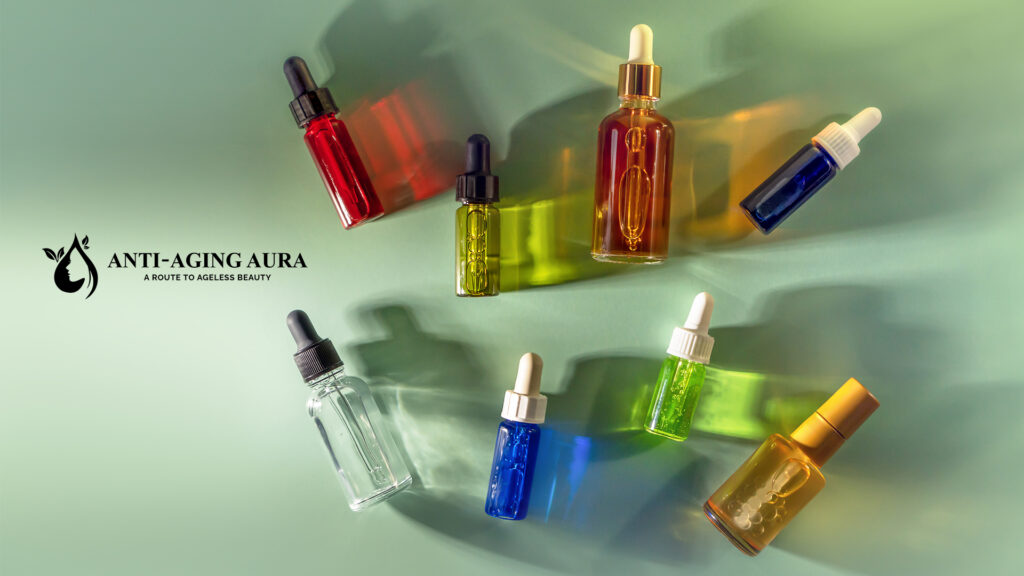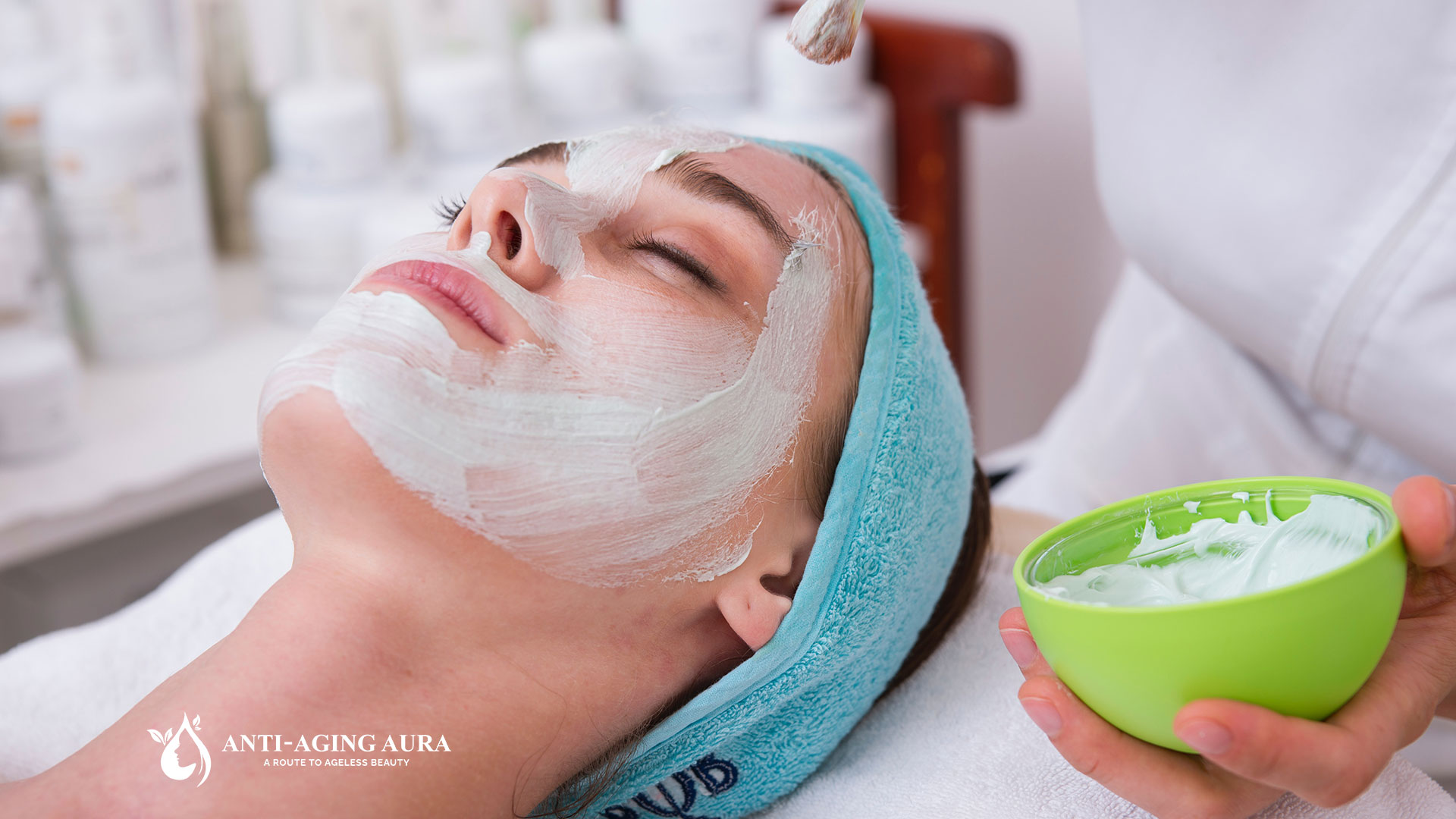What is Retinol?
Most people get confused about what is retinol, its benefits and how to use it
Retinol, a skincare term often heard in the realm of anti-aging truly used for acne treatment, fine lines and wrinkles is a derivative of Vitamin A, one of the body’s key nutrients for boosting cell turnover. It’s a powerhouse ingredient in many skincare products, celebrated for its ability to improve a variety of skin conditions. Understanding what retinol is, how it works, and its applications can help in making informed choices about skincare routines.
Retinol, plays a vital component in the world of skincare, as it belongs to the vitamins family.
Its importance in anti-aging skincare solutions is understandable by years of dermatologist research and therefore retinol comes under ordinary retinol and natural retinol (plant-based retinol) and they both have their proven ability to address various skin concerns.
Organic Retinol and ordinary retinol are widely used in skin care products like:
- Creams
- Serums
- Gels
- Lotions
- Ointments
- Oils

Retinol vs. Retinoid?
At its core, retinol is a type of retinoid, a class of compounds derived from Vitamin A. It’s less potent than prescription-strength retinoids like tretinoin, making it a popular over-the-counter option for those looking to enhance their skin’s appearance and health. When applied topically, retinol penetrates the skin’s outer layers and gets converted into retinoic acid, which is the active form that can impact skin cells.
How to use Retinol Products?
Using Retinol Safely
While retinol is generally safe for most skin types, its potency means it should be used with care:
- Start Slowly: Introduce retinol gradually into your skincare routine to minimize irritation.
- Sun Sensitivity: Retinol can make the skin more sensitive to UV rays, so daily use of sunscreen is essential.
- Moisturize: Retinol can be drying, so pairing it with a good moisturizer is crucial.
Benefits of Using Natural Retinol Face Cream
- Skin Hydration: Beyond retinol, natural moisturizer creams often encompass hydrating agents, ensuring skin remains moisturized and radiant.
- Lesser Irritants: By shunning synthetic additives, the likelihood of skin irritations is considerably reduced, making them suitable for a broader user base.
- Youthful Elixir: As previously iterated, natural retinol creams are instrumental in curbing wrinkles and bestowing a youthful aura.
- Smoothing Fine Lines and Wrinkles: Regular use of retinol can lead to a significant reduction in the visibility of fine lines and wrinkles.
- Improving Skin Texture: It can smooth rough skin textures, giving a more even and refined skin appearance.
- Fading Dark Spots and Hyperpigmentation: Retinol is effective in fading dark spots, sun spots, and hyperpigmentation.
- Clearing Acne: By unclogging pores and reducing oiliness, retinol can be a potent ally in the fight against acne.
What is the Science Behind Natural Retinol Cream?
The science behind natural retinol, especially when it is used in products like natural retinol face serums or the best organic retinol moisturizer creams, is that retinol is extracted from plant-based sources having vitamin A, ensuring users get retinol’s benefits without synthetic derivatives. The best clean retinol creams prioritize not just effectiveness, but also skin health and environmental sustainability.
Basically, natural retinol face cream works when applied on the skin and then it meets with the dead skin cells, to perform like a gene to promote cell growth and regeneration of new cells.
RELATED: 5 Best Organic Retinol Creams for Anti-Aging
How to know If I am using purely natural retinol face cream?
If you are in a cosmetics store, or beauty shop or want to purchase retinol online from different websites, which is commonly used for anti-ageing then you should see the ingredients used in making that cream or serum.
It must contain natural and plant-based sources of vitamin A or retinoid-like compounds that can copy the effects of retinol and that would definitely act as a non-toxic retinol for skin and face as compared to ordinary retinol made from harsh chemicals
Plant-based sources for making organic retinol cream may include:
- Bakuchiol: Derived from the babchi plant, bakuchiol has gained attention as a natural alternative to retinol. Studies have shown that it can offer similar skincare benefits to retinol without the typical side effects.
- Rosehip Oil: Rich in vitamin A, rosehip oil is often touted as a natural source of retinol. It’s known for its moisturizing and anti-aging properties.
- Carrot Seed Oil: Another natural source of vitamin A, carrot seed oil can offer some retinol-like benefits when applied topically.
- Seabuckthorn Oil: Contains natural retinol sources along with other beneficial fatty acids and vitamins.
- Tamanu Oil: While not a direct source of vitamin A, tamanu oil has been praised for its skin-rejuvenating properties and might be found in retinol-alternative products.
FAQs
Is organic retinol cream suitable for all skin types?
While natural retinol cream can benefit most skin types because of plant-based ingredients, people with sensitive skin should use it with a smaller quantity of cream and gradually increase the frequency as their skin builds tolerance.
When should I start using natural retinol in my skincare routine?
It’s never too early to take preventive measures if you see wrinkles, fine lines or sun spots appearing on your face and you are in your 20s or 30s of age then most dermatologists recommend introducing natural retinol into your skincare routine.
Can I use plant-based retinol with other skincare products?
Yes, but be wary of combining retinol with other potent ingredients like vitamin C or alpha hydroxy acids to prevent skin irritation.
How often should I apply natural retinol face cream used for anti-aging?
If you are a beginner you should use a very small amount of retinol like the size of a pea on your face and neck a week or twice a week at night time after three weeks or a month you can increase the amount of using it and also you will see the positive results.

